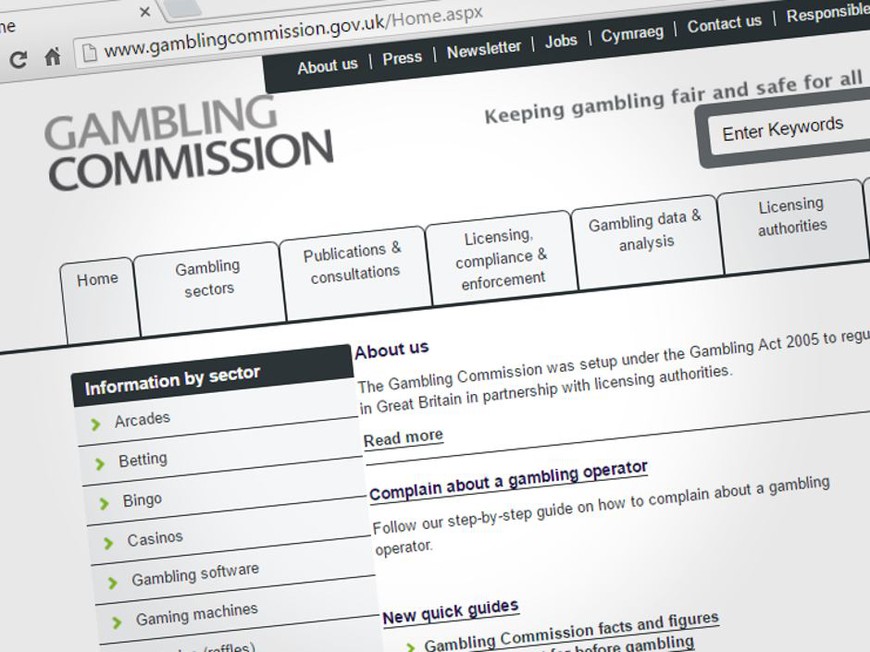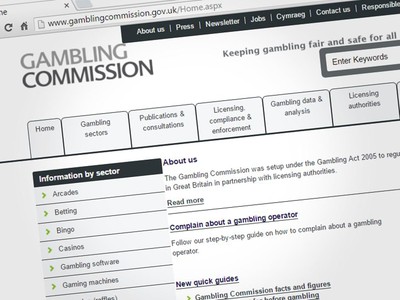

The online casino industry has grown significantly in the past few years and it keeps on growing. That is an undisputed fact, backed up by analysis, research and studies. Statistical data definitely shows that playing online casino games is quite popular. Well-established online casinos introduce new games and promotion offers in hopes of keeping their regular customers, whereas new casinos try to attract customers by offering more competitive bonuses and exciting games with high return to player percentages. Check out these exclusive bonuses at Casino Cruise. Great Britain is one of the countries where online casino gaming is very popular. The legal framework is quite liberal and Britons have a long standing betting tradition. Some of the betting operators in the country have been in business for over a century. Moreover, bingo and lottery are also very popular. The body in charge of gambling and betting in the country is the UK Gambling Commission.
Changes to Legislation in 2014
All operators that want to offer casino gaming and sports betting services to UK citizens have to apply and obtain a special licence. The UKGC issues these licences. In addition to providing licences and governing gambling and betting in the country, the UKGC publishes frequent reports which contain a lot of useful statistical data related to betting and gambling. Some of the figures in these reports are very indicative. Academics, companies, punters and individuals who are just eager to know more about the industry read and analyze these reports. The latest statistics were published in November 2015 and they cover the period until March 2015. All charts indicate that the gambling industry will keep on growing, especially the online betting and gambling industry.
Before we proceed on to present you the findings of the latest statistics, it should be noted that there was a change in the law in the UK and since October 2014, the UKGC hasn’t recorded any information on gaming services provided by operators which don’t have a UK licence. Since then, all operators are required to have such a licence if they wish to work within the UK. Therefore there is significant growth of the gross gaming yield for the period November 2014 – March 2015, compared to previous years.
Non-Remote Sector
The overall gross gaming yield of the non-remote sector grew slowly, yet steadily. In the period April 2010 – March 2011 the GGY was £4.772bn, the next year it was almost £200 million higher, whereas for the period April 2012 – March 2013 it was just above £5.2bn and by March 2015 it reached £5.444bn. On average the GGY has been growing by around £150 million per year. It should be noted that the GGY of the Arcade and Bingo non-remote sector has not been the highest in the final year. The Bingo sector peaked in the 2012 – 2013 period, whereas the first year saw the highest GGY for Arcades.
Remote Sector
And if we look at the figures for the remote betting, bingo and casino gaming, it has to be noted that the growth is quite significant. The total yield in the period April 2010 – March 2011 was a mere £653mm whereas three years later it reached over £1.1bn. However the largest GGY was registered in the period April 2014 – March 2015, when the new Gambling Act was implemented. The figures for this period show a total yield of over £2.2bn, out of which £753m in the period until 31 October and £1.45bn in the final 5 months, under the new law. The situation is very specific as the legal change is also reflected in the total figures.
However, it has to be stated that regardless of the change of legislative, remote betting, bingo and gaming have been on the rise in the UK. The National Lottery (both remote and non-remote) peaked during the period April 2012 – March 2013 and its yield has been steadily over £3bn, except for the first 12 month period when it was just a bit above £2.84bn.
At the end of March 2015 there were a total of 166,809 gaming machines in the country, not counting the fruit machines in pubs, clubs, family entertainment centres and other business that don’t fall under the jurisdiction of the UKGC. The gross gaming yield for the last 12 month period was just about £2.5bn, an increase of more than £450 million compared to the period April 2012 – March 2011.
Employment and Premises
The gambling industry in the UK is still a major employer. There were 104,869 people working across all gambling sectors at the end of March 2015. That is a decrease of more than 10,000 compared to March 2011. The number of employees has been decreasing by about 3,000 per year. Most notably, the number of workers in the Betting sector fell from 55,411 to 50,809 in 5 years. In the Casino sector, on the other hand, that number grew by more than 1,500, from 13,949 to 15,566. The number of betting shops varied insignificantly, as there were 9,128 in April 2012 and 8,819 in September 2015. In September 2015 there were 615 bingo premises in the country, compared to 695 in March 2011.
The overall number of brick-and-mortar casinos in the UK, pretty much remained the same throughout the period March 2011 – March 2015. There were 149 in 2011 and 148 in 2015. However, the total casino attendance grew from 17.39 million in 2011 to almost 21 million in 2015.
Remote Licences and Number of Customers
As for remote gambling, the changes are a bit more evident. The total number of remote gambling activity licences in 2015 was 719, compared to a mere 305 in 2012. There were only 23 casino licences in March 2012 compared to 176 in September 2015, or more than sevenfold. Only 10 bingo licences have been issued by March 2012. That number grew up to 52 by September 2015. The increase is more than fivefold. The funds held in customer accounts were in the value of over £463m in the period November 2014 – March 2015, compared to only £147m in the period April 2012 – March 2013. There were a total of 15.62m active customers in March 2015 across all gambling sectors, compared to only 3.5m in 2011.
It’ll Keep on Growing
Bearing all of this in mind, it is more than safe to assume that the UK gambling market will keep on growing in the foreseeable future. A general tendency towards online casino gaming is quite visible, although not necessarily at the expense of conventional casino gaming and betting, as the non-remote sector isn’t in a decline.

